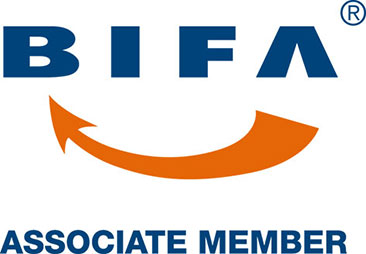Issuing a claim
Preparing Letters Before Action
What is a Letter Before Action?
A Letter Before Action (“LBA”) is the first step before proceeding with a legal claim. It warns the debtor that legal action will be taken if the issues detailed in the letter are not resolved. LBA’s will often result in settlement of a claim without the need for legal action.
Pre-Action Protocols & Letters of Claim
What are Pre-Action Protocols?
Pre-Action Protocols describe the way you and the creditors are expected to behave and the actions that should be taken before the court claim for payment of the debt is started.
What is a Letter of Claim?
If the LBA does not have the desired effect, a Letter of Claim can be sent to a debtor as the final warning to a debtor before legal proceedings commence. It sets out the grounds of the claim and the underlying agreements and dates that are to be relied upon. A defending business has 14 days in which to respond to the letter setting out any initial disputes and/or defences they intend to rely upon. The aim is to try and resolve as many issues as possible before the case has made its way to court.
Issuing a Claim/CCJ
What is a claim and how does that differ from a CCJ?
Issuing a claim is the first stage of court proceedings following the letter of claim. We apply to the court on your behalf setting out the grounds for your claim and the amount you are seeking from the defendant in compensation.
A County Court Judgment, or CCJ, is what is awarded if the claim is successful or if we can apply for Judgment in default.
The County Court Judgment is listed on a credit file for up to 6 years unless paid in full within 1 month. If it is paid the CCJ will be marked as “satisfied” but remain on the credit file for 6 years.
What do we need from you?
To being issuing a claim, we would need all documentation you have, including agreements, contracts, invoices and correspondence. We would also need details of payments made and all contact details of the debtor, including address, phone number, and email address, if available.
If there is already a known dispute, it is helpful to know the grounds of the dispute at this stage.

